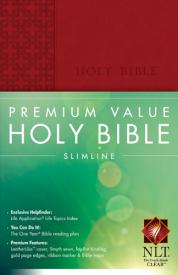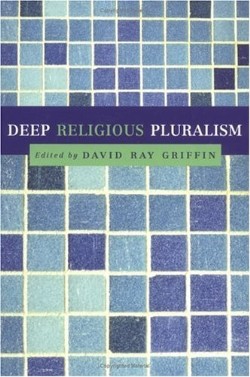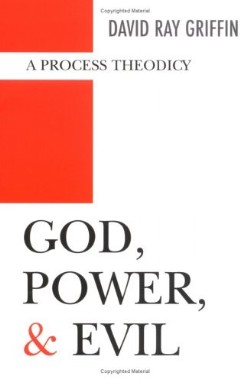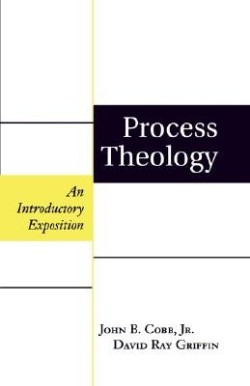David Griffin
Showing all 3 resultsSorted by latest
-
Deep Religious Pluralism
$45.00A groundbreaking scholarly work, Deep Religious Pluralism is based on the conviction that the philosophy articulated by Alfred North Whitehead encourages not only religious diversity but deep religious pluralism. Arising from a 2003 Center for Process Studies conference at Claremont Graduate University, this book offers an alternative to the version of religious pluralism that has dominated the recent discussion, especially among Christian thinkers in the West, which has evoked a growing call to reject pluralism as such.
Renowned contributors of a diversity of faiths include: Steve Odin, John Shunji Yakota, Sandra B. Lubarsky, Jeffery D. Long, Mustafa Ruzgar, Christopher Ives, Michael Lodahl, Chung-ying Cheng, Wang Shik Jang, and John B. Cobb Jr.
Add to cartin stock within 3-5 days of online purchase
-
God Power And Evil
$48.00The baffling age-old question, if there is a good God, why is there evil in the world? has troubled ordinary people and great thinkers for centuries. God, Power, and Evil illuminates the issues by providing both a critical historical survey of theodicy as presented in the works of major Western philosophers and theologians–Plato, Aristotle, Plotinus, Augustine, Aquinas, Spinoza, Luther, Calvin, Leibniz, Barth, John Hick, James Ross, Fackenheim, Brunner, Berkeley, Albert Knudson, E. S. Brighton, and others–and a brilliant constructive statement of an understanding of theodicy written from the perspective of the process philosophical and theological thought inspired primarily by Alfred North Whitehead and Charles Hartshorne.
Add to cartin stock within 3-5 days of online purchase
-
Process Theology : An Introductory Exposition
$36.00An inroductory exposition of the theological movement that has been strongly influenced by the philosophies of Alfres North Whitehead and Charles Hartshorne. Offers an interpretation of the basic concepts of process philosophy and outlines a “process theology” based on it that will be especially useful for students of theology, teachers of courses in contemporary philosophy and theology, ministers, and those interested in current theological and philosophical trends.
Add to cartin stock within 3-5 days of online purchase












